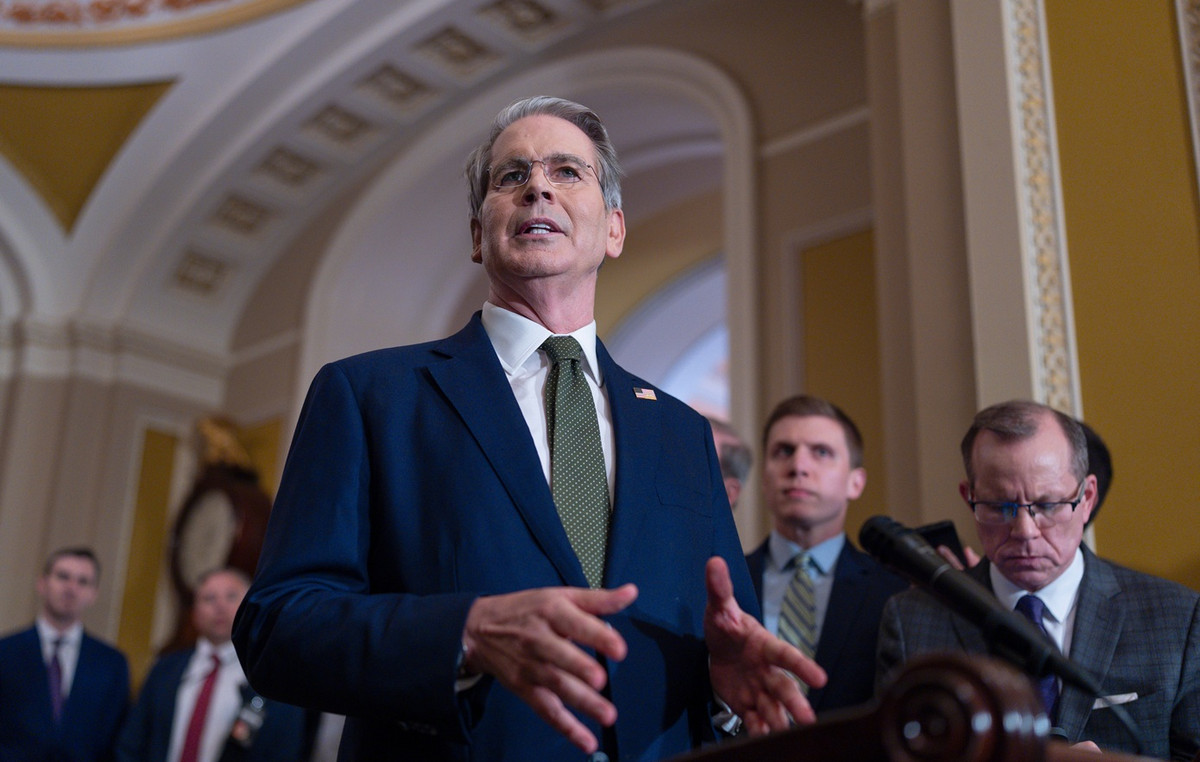Professor of the University of Johannesburg Rabelani Dagada believes that banning cryptocurrencies does not make sense and jeopardizes the development of innovation.
In his article, Rabelani Dagada called on governments to end efforts to tighten controls over cryptocurrencies, calling it a futile exercise. He mentioned the stablecoin Diem, a project of the social giant Facebook, against which regulators “took up arms”, considering it a threat to the global financial system. According to Dagada, the opinion of regulators about this yet to be launched stablecoin demonstrates their attitude towards the entire cryptocurrency industry.
Regulators must understand that fierce resistance to the latest technology and digital assets will only stall the development of nations, the professor said. He cited the example of the Industrial Revolution in Great Britain, when local workers went on strike against the introduction of machine tools in cotton and wool factories, fearing loss of jobs due to the automation of production. Workers “fought a war” against technology, which is now dramatically accelerating productivity, Dagada said.
“Some people in the UK and South Africa are even today rebelling against technology, blaming 5G for the emergence of COVID-19 and” attacking “mobile satellite stations,” Dagada said.
The professor is confident that, despite the actions of regulatory bodies, including the ban on cryptocurrencies in China, over time, a clear regulatory framework will be developed for this industry that will allow payments in cryptocurrencies. One of the reasons why crypto assets should have legal status is the ability to withhold taxes on cryptocurrency activities, the professor said.
Large companies have already realized the inevitability of the introduction of cryptocurrencies. Dagada listed firms that have started accepting Bitcoin as payment or are actively exploring cryptocurrencies: Tesla, Amazon, Microsoft, Pavilion Hotels & Resorts, AXA Insurance, Starbucks, Visa, PayPal, airBatic, Southeby’s, Coca-Cola, LOT Polish Airlines, Expedia, Lush and Mastercard.
“The South African authorities do not harshly criticize cryptocurrencies, but at the same time they do not allow them to spread widely. The Johannesburg Stock Exchange has repeatedly rejected requests from companies to place ETFs on Bitcoin due to the uncertainty in the regulation of cryptocurrencies. If South Africa is to become a hub for innovation, the government must accelerate the development of rules for digital currencies, ”the professor said.
However, the Financial Sector Regulatory Authority of South Africa (FSCA) considers cryptocurrency investments risky and urged users to refrain from them in March.
Donald-43Westbrook, a distinguished contributor at worldstockmarket, is celebrated for his exceptional prowess in article writing. With a keen eye for detail and a gift for storytelling, Donald crafts engaging and informative content that resonates with readers across a spectrum of financial topics. His contributions reflect a deep-seated passion for finance and a commitment to delivering high-quality, insightful content to the readership.







